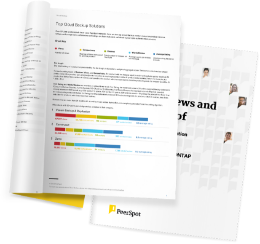I haven't completely tested the solution. I have a CMM BPM background, and recently moved to work on this so I'm only now getting exposure in this particular area. It's difficult to comment at this early stage but I find the installation configuration is quite difficult compared to other solutions. The other issue is that I don't have cloud, and we can't get any cloud where IBM is moving. I'm not sure whether we can move this application to the Azure or AWS cloud solutions. It's a major challenge and we still haven't had any kind of official documentation from IBM as to how we can move forward on that.



